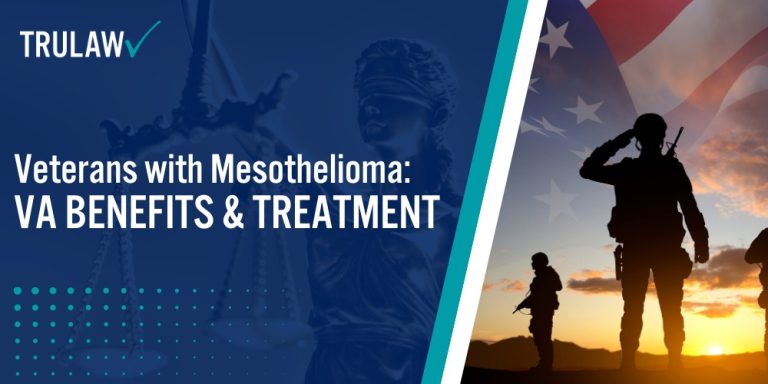Eligibility for veterans’ mesothelioma benefits depends on several factors, primarily focusing on proof of service-related asbestos exposure and discharge status.
Veterans with confirmed mesothelioma who served in roles or locations with high asbestos exposure may qualify for VA benefits.
These benefits may cover healthcare, monthly compensation, and additional resources based on the individual’s exposure level and medical needs.
Service-Related Asbestos Exposure Requirements
Veterans are encouraged to compile evidence linking their mesothelioma diagnosis to asbestos exposure during active service.
This requirement is essential for demonstrating that exposure occurred while fulfilling high-risk military roles or locations, such as shipyards, military construction, or older naval vessels.
Proper documentation and medical evidence are critical to making this connection, as the VA will review service history, exposure circumstances, and assign a VA disability rating to evaluate claims.
Common factors that may indicate service-related asbestos exposure include:
- High-Risk Military Roles: Certain roles, such as construction, shipbuilding, and aircraft maintenance, had greater asbestos exposure risks.
- Exposure Locations: Older military facilities, especially naval shipyards and submarines, are known for significant asbestos exposure.
- Service Periods: Military service from the 1930s through the 1970s had heightened asbestos risks, although exposure may have continued later.
- Medical Documentation: Veterans must provide a verified mesothelioma diagnosis and medical records indicating asbestos as a contributing factor.
- Service History Records: Detailed military service records are reviewed to establish exposure likelihood and validate claims.
Demonstrating service-related asbestos exposure can streamline the process of qualifying for benefits when they are supported by documentation.
The VA may consult with medical and occupational experts to validate service exposure claims to ensure veterans impacted by service-related asbestos exposure receive the compensation they are due.
Discharge Status Considerations
A veteran’s discharge status is a fundamental factor in determining eligibility for mesothelioma benefits.
The VA typically requires an honorable or general discharge for veterans to access these benefits, as this status reflects compliant and committed service.
Veterans with other-than-honorable discharges may face challenges in accessing VA benefits, though some may qualify through waivers or review boards.
The following discharge statuses affect eligibility for VA benefits:
- Honorable Discharge: Generally qualifies veterans for full VA benefits, including mesothelioma-related healthcare and compensation.
- General Discharge: May still allow access to VA benefits but could limit certain resources depending on the circumstances.
- Other-than-Honorable Discharge: Typically restricts VA benefit access; however, veterans can seek discharge upgrades or waivers.
- Bad Conduct Discharge: Generally disqualifies veterans, although appeals may be considered under limited circumstances.
- Discharge Review Process: Veterans with non-qualifying discharges may apply for status reviews to improve benefit eligibility.
In cases where discharge status limits access, veterans are encouraged to pursue discharge reviews or waivers that might broaden eligibility and allow for the support they need.



